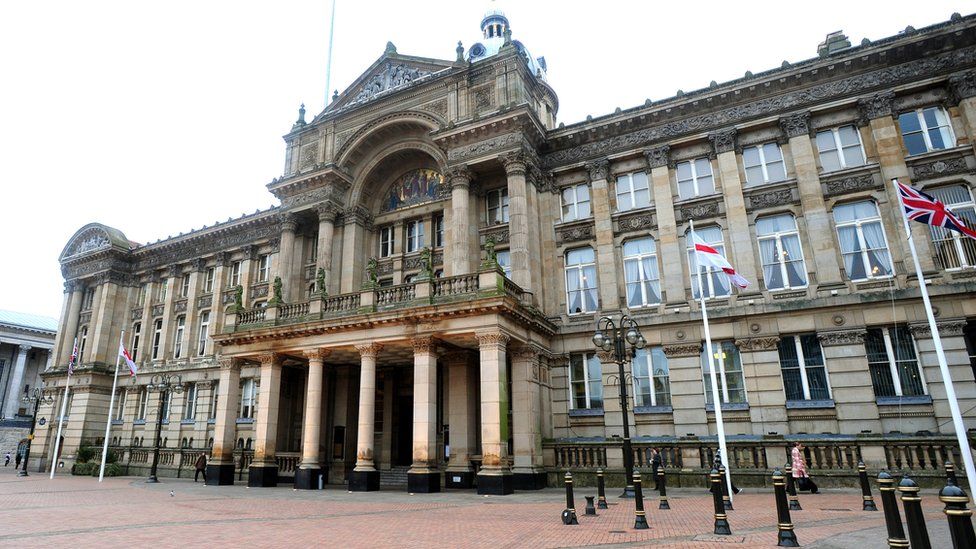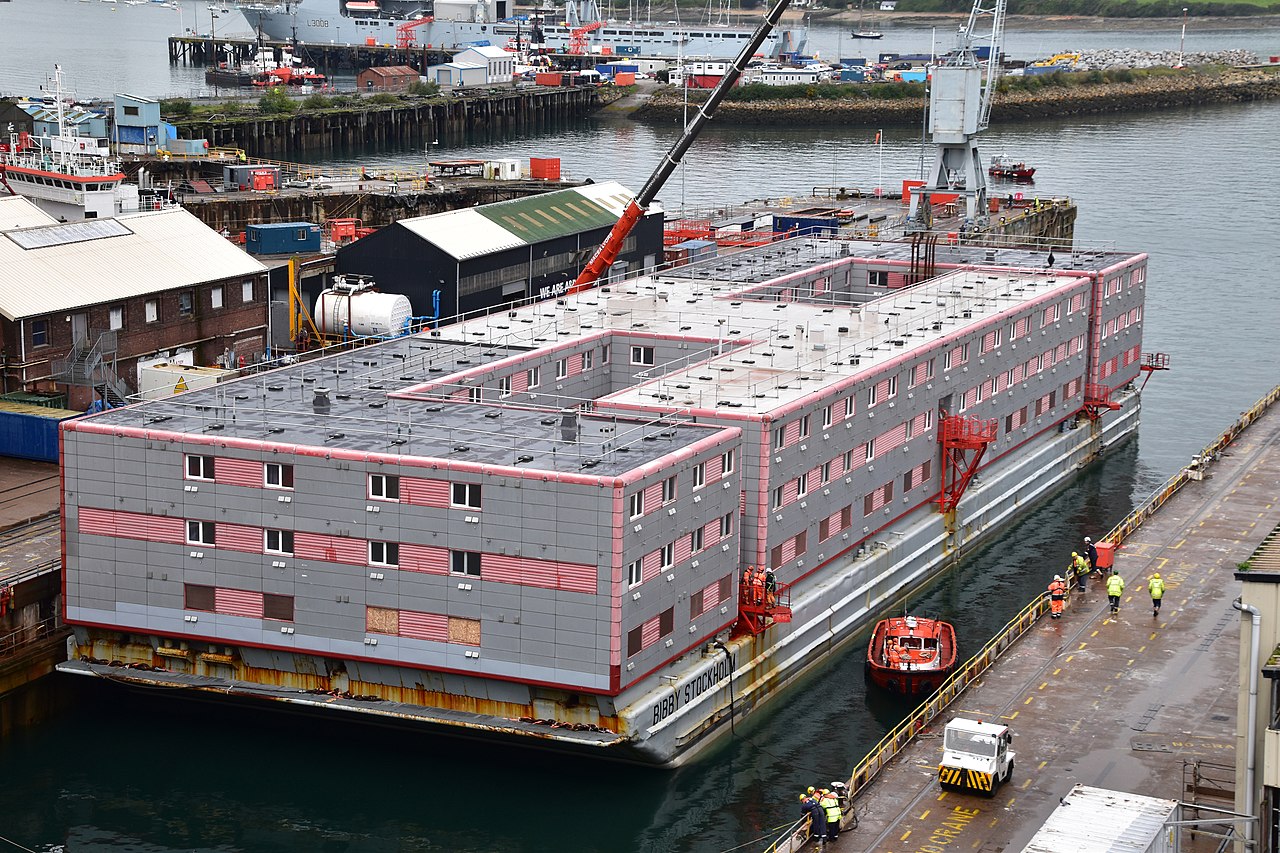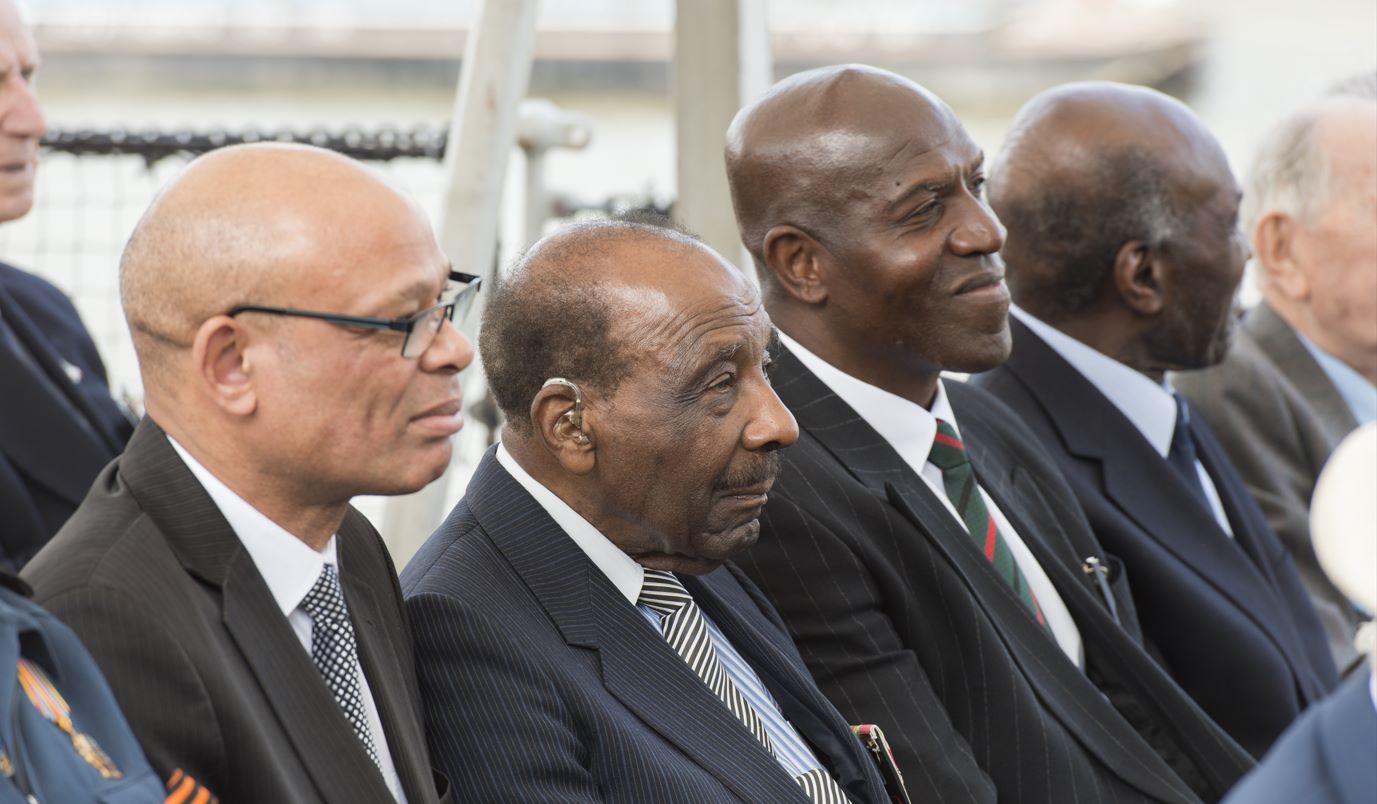Linked to a £760m bill to settle equal pay claims, as the largest local authority in Europe, Birmingham City Council issued a Section 114 notice preventing all but essential spending to protect core services.
It followed the council's financial pressures also said to be due to problems with the implementation of its Oracle IT system. Intended to streamline council payments and HR systems, the flagship system was expected to cost £19m but after three years of delays it was revealed in May it could cost up to £100m.
The Section 114 notice, which means that a local authority has judged itself to be in financial distress and can no longer balance its budget, was said to have set out to be able to build a stronger city for its residents, with a promise to protect the, what they describe as “the most vulnerable". This follows a 2012 Supreme Court ruling, which found in favour of mostly female council employees, where a bonus scheme that was handed out to staff in certain roles favoured those which were mainly taken up by men.
The council added that its interim director of finance, Fiona Greenway, had issued the Section 114 notice, which confirmed there were insufficient resources to meet the equal pay expenditure and there were no other means of meeting the liability. The Supreme Court ruled in favour of 174 mostly female employees - working in roles such as teaching assistants, cleaners and catering staff - who had missed out on bonuses which were given to staff in traditionally male-dominated roles such as refuse collectors and street cleaners.
The leader of the Labour run council said he only learned of the financial crisis at the same time as other councillors during Tuesday morning's cabinet meeting. In a statement, Council leader, Councillor John Cotton and the deputy leader, Sharon Thompson, described the move as “a necessary step” as they went on to say that they were seeking to get the city “back on a sound financial footing."
In the statement, Mr Cotton and Ms Thompson said: "It is clear that Birmingham City Council faces unprecedented financial challenges, from huge increases in adult social care demand and dramatic reductions in business rates income, to the impact of rampant inflation,"
"We implemented rigorous spending controls in July, and we have made a request to the Local Government Association for additional strategic support." The authority went on to say that a further extraordinary meeting will be held on 26 September, and negotiations with the government's Department for Levelling Up, Housing and Communities (DLUHC) will continue over the coming months to determine an approach to financing the liability.
The statement read: "Birmingham City Council has issued a s.114 notice as part of the plans to meet the council's financial liabilities relating to equal pay claims and an in-year financial gap within its budget which currently stands in the region of £87m.
"In June, the council announced it had a potential liability relating to equal pay claims in the region of £650m to £760m, with an ongoing liability accruing at a rate of £5m to £14m per month. The council is still in a position where it must fund the equal pay liability that has accrued to date [in the region of £650m to £760m], but it does not have the resources to do so."
It added: "The council's senior officers and members are committed to dealing with the financial situation and when more information is available it will be shared. Mr Cotton said: "My priority now is ensuring that we have a financial recovery plan in place that can meet the great demands that are placed upon the council and continue to provide the services that the city relies on."
The leader confirmed that the council was working with the union to introduce a thorough job evaluation scheme to settle the equal pay row by April 2025. He insisted that despite the bleak outlook, Birmingham still had a bright future ahead with "an economy that is growing and creates great opportunities for everybody".
In his response, Conservative opposition leader on the council, Robert Alden, stated that the authority had failed to show the proper speed and urgency needed to tackle equal pay.
He said: "Labour's failure in Birmingham has become clear for all to see. What Labour pledged as a golden decade ahead to voters in 2022 turns out to be based on budgets in 20/21 and 21/22 that did not balance and were unfunded.
“Combined with Birmingham Labour's refusal to deal with equal pay over the last decade this has created this mess where residents will now lose valuable services and investment." Liberal Democrat group leader Roger Harmer added: "Every one of Birmingham's citizens will feel the pain of this decision as we move into unchartered waters." Also in response, the Mayor of the West Midlands, Andy Street, described the news as deeply disturbing for residents, before calling for an inquisition into what has happened.
"It is no secret that local authorities up and down the country have faced significant cuts over the past decade - even if the funding from Government has been improving in recent years - and it has been a real challenge to keep services running to the standard that people expect," he said. "However,” he went on: “the huge majority of councils of all political colours are managing to achieve this, with bankruptcy extremely rare."
Professor Tony Travers, a specialist in local government at the London School of Economics, said Birmingham City Council faced financial difficulties for more than a decade due to equal pay and other challenges.
"Birmingham is a very important city within Britain and it is essential for the whole country that its services are good and that the city is seen to be motoring forward," he said. "The risk is that the city council's provision of services will be trimmed further and further back and that has consequences not only to what the city looks like and feels like to live in, but also the reputational hit to the city as well."
He added: "People around the city don't need to worry that their bins aren't going to be emptied or that social care doesn't carry on.
"It will mean that no new spending can be committed, so there's nothing additional from here on. But it also points to the fact that the budget for next year, 2024/25, will be terrifically difficult and it is not a problem that is going to go away."
The council has paid out almost £1.1bn in equal pay claims since the landmark case was brought against the authority in 2012. The authority said that the cost of the pay claims was increasing at a rate of £5m to £14m per month and it must fund the liability accrued to date but did not have the resources to do so.
Council leader, Cotton, insists that they would continue to deliver on essential services like children's safeguarding and social care, social care for adults, education, waste collection, road maintenance and library services for the city's 1.1 million taxpayers.































